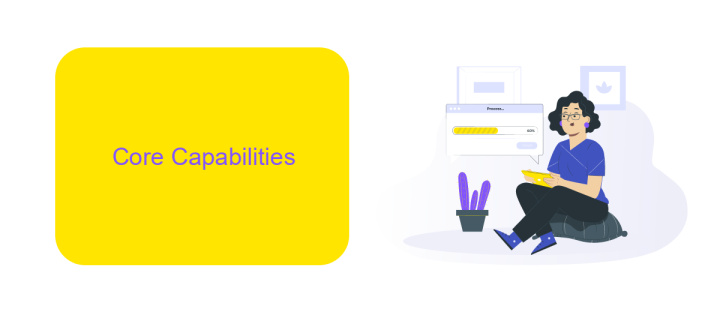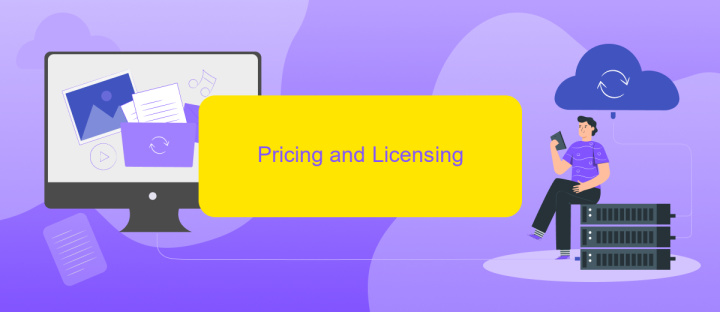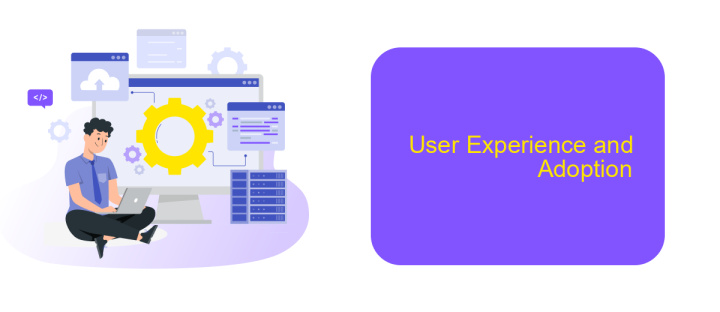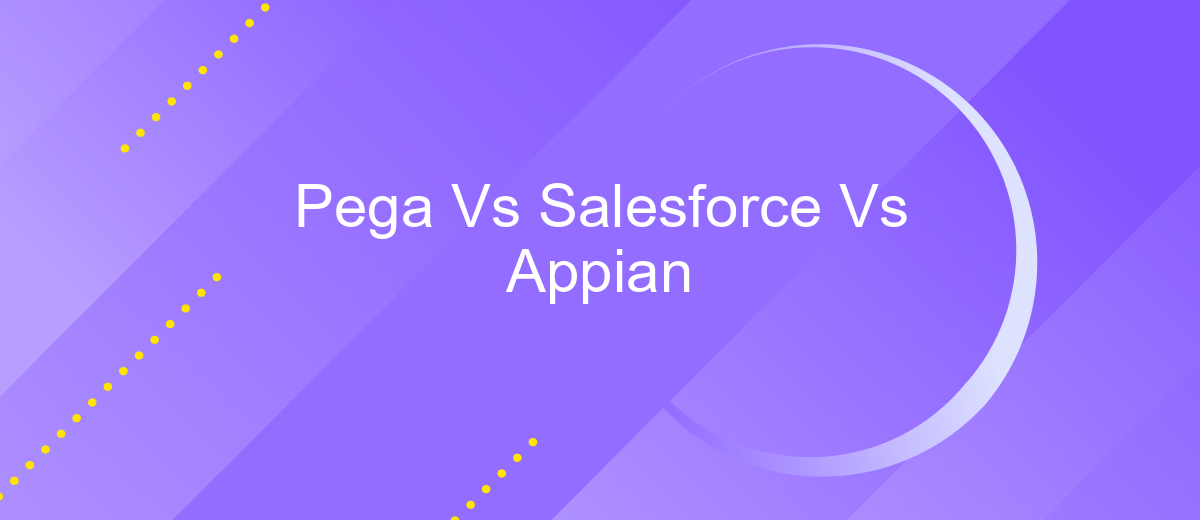Pega Vs Salesforce Vs Appian
In the rapidly evolving landscape of business technology, choosing the right platform for customer relationship management and business process management can be a daunting task. This article delves into a comparative analysis of three leading contenders: Pega, Salesforce, and Appian. By examining their features, strengths, and unique offerings, we aim to provide insights to help businesses make informed decisions.
Introduction
In today's digital landscape, businesses are constantly seeking efficient and scalable solutions to manage their operations. Pega, Salesforce, and Appian are three leading platforms that provide robust tools for business process management (BPM) and customer relationship management (CRM). Each platform offers unique features and capabilities, making it crucial for organizations to understand their differences and choose the one that best fits their needs.
- Pega: Known for its powerful BPM capabilities, Pega excels in automating complex workflows and enhancing operational efficiency.
- Salesforce: A leader in CRM, Salesforce provides comprehensive tools for managing customer relationships, sales, and marketing efforts.
- Appian: Specializes in low-code development, enabling businesses to rapidly build and deploy custom applications with minimal coding.
Choosing the right platform often depends on specific business requirements, integration capabilities, and scalability needs. For instance, services like ApiX-Drive can simplify the integration process by connecting various applications and automating data flows, ensuring seamless operations across different platforms. By understanding the strengths and limitations of Pega, Salesforce, and Appian, businesses can make informed decisions to drive their digital transformation initiatives.
Core Capabilities

Pega, Salesforce, and Appian each offer robust core capabilities that cater to different business needs. Pega excels in automating complex business processes with its powerful BPM tools and dynamic case management. It provides a unified platform that integrates seamlessly with existing systems, ensuring smooth workflow automation. Pega's AI-driven decision-making capabilities further enhance operational efficiency, making it a preferred choice for enterprises looking to streamline processes.
Salesforce, known for its CRM prowess, offers comprehensive solutions for sales, marketing, and customer service. Its cloud-based platform enables businesses to manage customer relationships effectively, leveraging data analytics and AI to drive personalized customer experiences. Appian, on the other hand, focuses on low-code development, allowing rapid application deployment and process automation. It integrates well with third-party systems, and services like ApiX-Drive can further simplify integration tasks, ensuring that businesses can connect various applications effortlessly. Together, these platforms provide versatile and scalable solutions for modern enterprises.
Pricing and Licensing

When comparing Pega, Salesforce, and Appian, pricing and licensing models play a crucial role in decision-making. Each platform has its own approach to pricing, which can significantly impact your budget and overall cost of ownership.
- Pega: Pega offers a flexible, consumption-based pricing model. Costs are determined by the number of applications and users, along with the complexity of the workflows. Pega also provides options for on-premise and cloud deployments.
- Salesforce: Salesforce operates on a subscription-based model with various tiers. Pricing is based on the number of users and the specific Salesforce products you choose. Additional costs may arise for customizations and third-party integrations.
- Appian: Appian uses a per-user, per-month pricing model. It also offers a free trial and discounts for large-scale deployments. Appian’s pricing includes access to its low-code platform, which can reduce development time and costs.
Choosing the right platform depends on your specific needs and budget. For seamless integrations with other systems, consider using services like ApiX-Drive, which can help automate data transfer between Pega, Salesforce, Appian, and other applications, simplifying your workflow and saving time.
User Experience and Adoption

User experience (UX) is a critical factor when choosing between Pega, Salesforce, and Appian. Each platform offers a unique approach to user interface design, aiming to enhance ease of use and efficiency. Pega focuses on a model-driven architecture, which allows users to design processes visually, making it intuitive for business users. Salesforce, with its Lightning Experience, provides a highly customizable and user-friendly interface that supports a wide range of business needs. Appian, on the other hand, emphasizes simplicity and speed with its low-code platform, enabling rapid application development.
Adoption rates are influenced by how easily users can integrate these platforms into their existing workflows. Pega's robust automation tools streamline complex processes, reducing the learning curve. Salesforce benefits from its extensive ecosystem and community support, which helps users quickly adapt and find solutions. Appian's low-code approach allows for quick iterations and adjustments, fostering greater user engagement.
- Pega: Model-driven design for intuitive process creation.
- Salesforce: Customizable interface with strong community support.
- Appian: Low-code platform for rapid development and easy adoption.
Integrating these platforms with other business tools can further enhance user experience. Services like ApiX-Drive simplify the integration process, allowing seamless data flow between various applications. This ensures that users can leverage the full potential of Pega, Salesforce, and Appian without facing significant technical barriers.
Conclusion
In conclusion, choosing between Pega, Salesforce, and Appian depends largely on the specific needs and goals of your organization. Pega excels in providing robust BPM solutions with a strong focus on automation and case management, making it ideal for complex business processes. Salesforce, on the other hand, offers a comprehensive CRM platform with extensive customization options and a vast ecosystem of third-party integrations, proving indispensable for sales and customer service optimization.
Appian stands out with its low-code development environment, enabling rapid application development and deployment, which is perfect for businesses looking to innovate quickly. For seamless integration between these platforms and other business tools, services like ApiX-Drive can be invaluable. ApiX-Drive simplifies the process of connecting various applications, ensuring smooth data flow and enhancing overall operational efficiency. Ultimately, the right choice will depend on your organization's unique requirements and strategic objectives.
FAQ
What are the main differences between Pega, Salesforce, and Appian?
Which platform is best for CRM needs?
Can these platforms be integrated with other systems?
Which platform is more suitable for low-code development?
How do I choose the right platform for my business?
Apix-Drive will help optimize business processes, save you from a lot of routine tasks and unnecessary costs for automation, attracting additional specialists. Try setting up a free test connection with ApiX-Drive and see for yourself. Now you have to think about where to invest the freed time and money!

